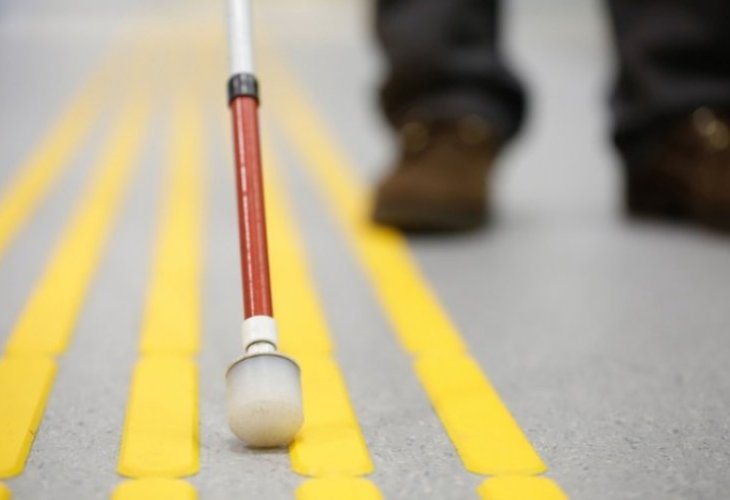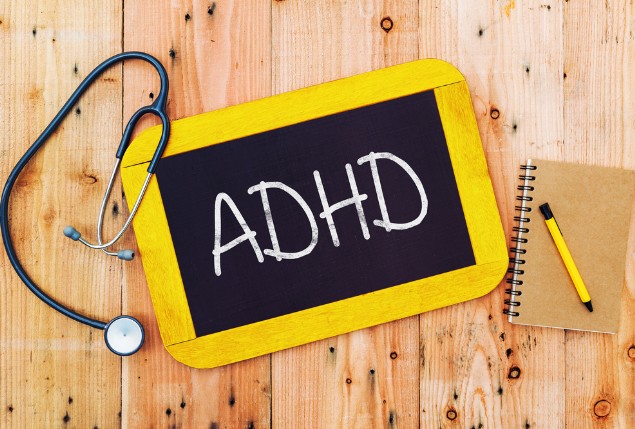Is There an ADHD Epidemic?
Nearly one in five children in Israel is diagnosed with ADHD—similar to the rates in the United States. Are we witnessing an ADHD epidemic, or is there another explanation?

Many parents are finding themselves in a familiar scenario. After months of complaints from the school about their child being too restless, unfocused, not completing tasks, acting out, or simply daydreaming, they are called in for a meeting. The conversation often turns to whether their child might have ADHD.
Back when we were kids, students who couldn't sit still through lessons were labeled 'lazy' or 'troublemakers.' It's certainly better to live in a climate where a child's inability to succeed academically isn't marked as a moral failing. Yet, the rate of Israeli children diagnosed with ADHD is climbing. In recent years, the prevalence in Israel has reached 15%-20%. In comparison, in Western European countries, the diagnosis rate is about 3%. The United States is the only country with a similar prevalence rate to Israel for ADHD diagnoses.
 Illustrative photo: shutterstock
Illustrative photo: shutterstockThis paradox has recently caught the attention of American experts. ADHD diagnoses were given in the US even thirty years ago, yet only 3-5% of children were diagnosed back then. What's more alarming is the increasing diagnosis rate; it rose by 35% between 2003 and 2011 and shows no sign of slowing. More than 20% of high school boys in the US have been diagnosed with ADHD. While ADHD is a genuine neurological disorder, why does its apparent prevalence seem to be surging in certain countries?
"I believe there are two reasons," says Dr. Stanford Newmark, head of the Department of Pediatric Neurology Development at the University of California, San Francisco. "First, overdiagnosis due to inadequate assessment and societal pressure to medicate, and second—an increase in demands from children, schools, and families."
No one doubts the existence of ADHD. However, Dr. Newmark points out that children can exhibit developmental symptoms that match the ADHD profile but still may not have ADHD. Learning disabilities, like dyslexia, can cause behavior that resembles ADHD. Emotional disorders like anxiety can also be potential factors. A child who’s experienced trauma might show hyperactive or daydreamy behavior without any neurological issue. Even simple sleep deprivation can lead to an ADHD diagnosis—and a prescription for Ritalin.
Sleep deprivation is potentially one of the most common issues among children misdiagnosed with ADHD. This phenomenon was extensively described in 2013 by Professor Vatsal Thakkar of New York University School of Medicine, a psychologist and psychiatrist specializing in ADHD. Many of his patients, he says, rid themselves of ADHD symptoms once they started getting adequate sleep. "It might be coincidental," Professor Thakkar notes, "but factually, this intense lifestyle began emerging in the 1990s, coinciding with a sharp rise in ADHD diagnoses. It's known that children with ADHD exhibit sleep problems—though symptoms are often attributed to ADHD and not the other way around."
If there are so many potential causes for ADHD-like behavior, why is this diagnosis favored? The explanation is simple. Children often come to an ADHD assessment accompanied by anxious parents, prompted by schools that imply or state outright that academic success requires 'doing something' about it. ADHD treatment is perceived as relatively straightforward: a prescription for a medication considered safe, and the calls from school discontinue. Even when realizing it's not as smooth and simple, families and schools still welcome a clear and familiar diagnosis with a known treatment.
The Ministry of Health guideline demands a thorough and differential diagnosis of ADHD: a detailed history of the child and family, evaluation of all other potential disorders, diagnostic questionnaires for parents and teachers, and a comprehensive clinical evaluation and ADHD assessment based on DSM criteria. However, many doctors ignore these guidelines and give ADHD diagnoses that don’t meet the Ministry’s requirements.
 Photo: shutterstock
Photo: shutterstockExperts say that the ease of diagnosis is the reason for the ADHD epidemic in countries like Israel and the United States. "Most doctors don't have the time or resources to perform a proper evaluation," says Dr. Newmark. "My clinic is located near Silicon Valley, home to highly gifted students—one-third of them take Ritalin or similar drugs due to the pressure to excel and get into elite universities." On the other hand, he points out that ADHD diagnoses among welfare children are 33% higher than in the general population. "This may be because there is a need to manage disruptive behavior in situations where proper services aren’t available."
There is additional evidence showing that many ADHD diagnoses don't relate to an actual problem the child is experiencing. For example, a 2010 study in the US found that 10% of the youngest kindergarten students in each class year were diagnosed with ADHD—compared to only 4.5% of the oldest children in each year group. Similar results were found in a Canadian study. In other words, if your child is among the youngest, you might be pushed into diagnosing a neurological disorder they don't have—simply because they're younger and haven't yet hit developmental milestones their older classmates have achieved.
Dr. Newmark also points to ever-increasing demands as a reason for ADHD overdiagnosis. Kindergarteners today learn much more than those three decades ago. Western schools are under pressure to demonstrate achievements and are continuously measured against national tests—prompting them to send students for diagnosis, hoping medication will improve results. Additionally, the family structure has changed over recent decades. "Consider single-parent families or those where both parents work, where children go from school to after-school programs, then home for a quick meal, homework, and bed...the pressure on parents and kids is intense. This pressure could make children, who might manage well under different circumstances, behave as if they have ADHD."
Epidemic? Indeed. But not of ADHD. It turns out our modern lives are responsible for a slightly different epidemic: an epidemic of overdiagnosis of ADHD.

